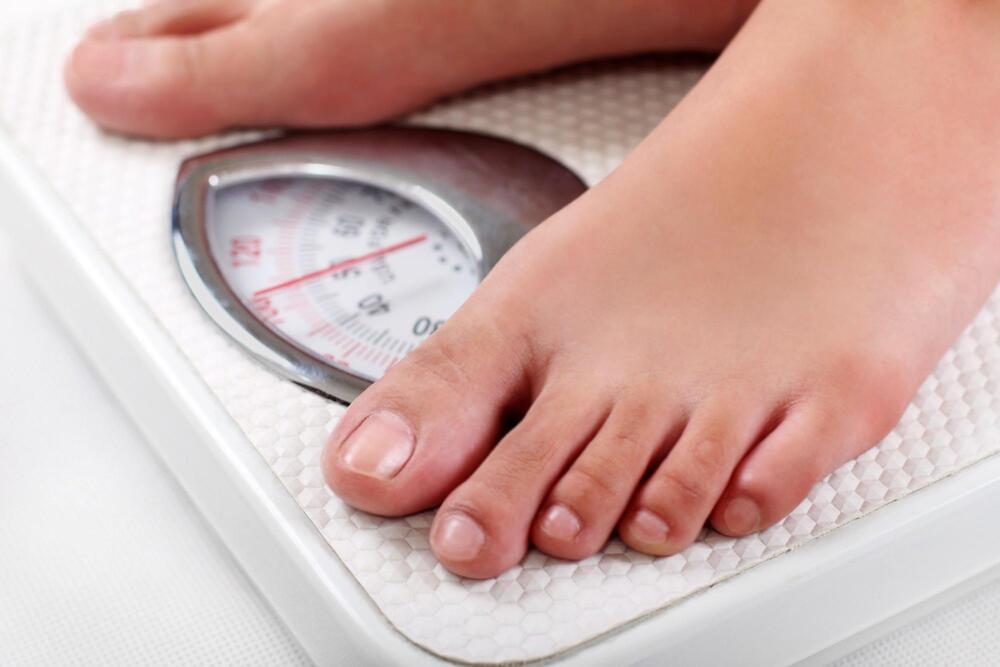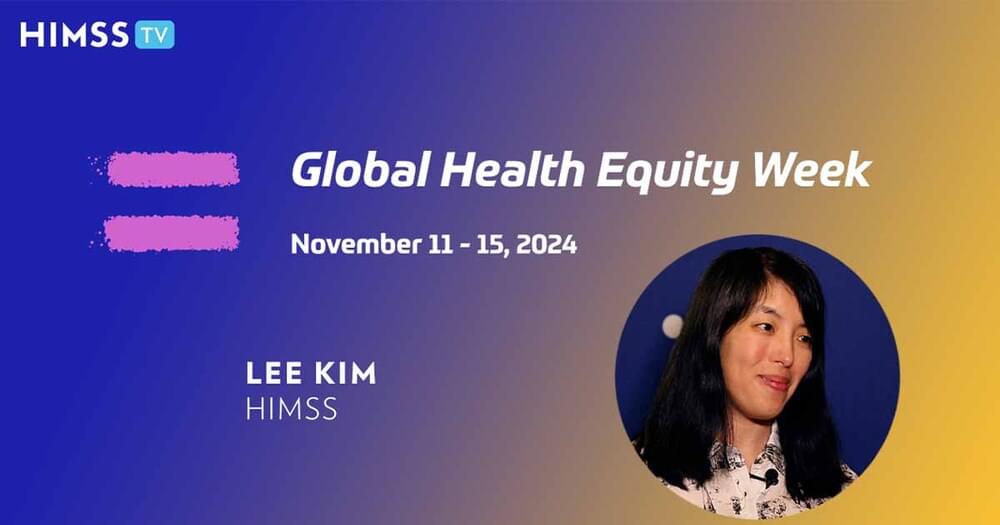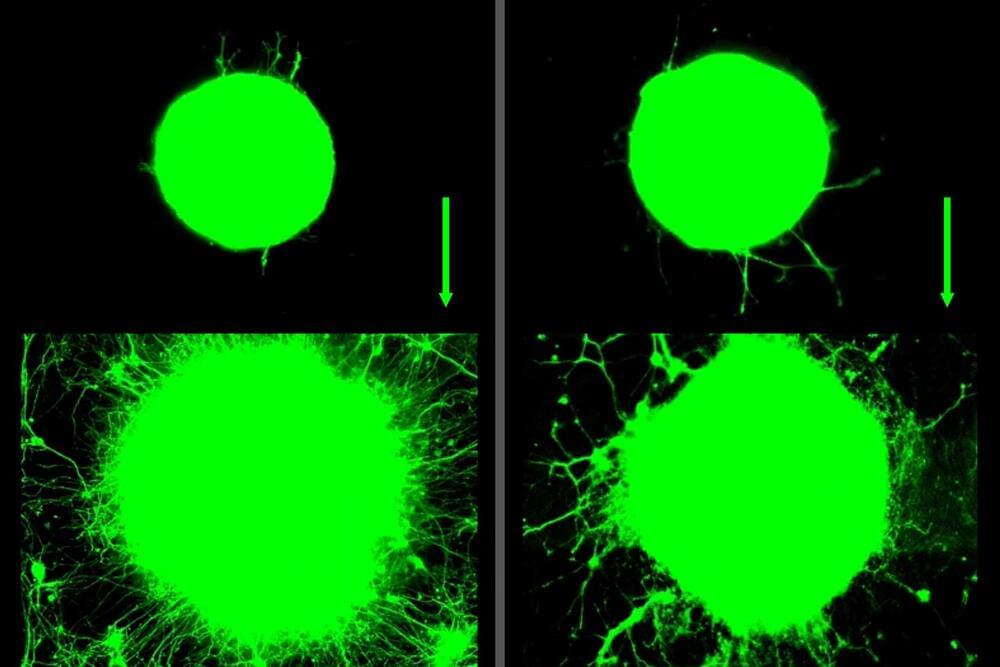Nov 16, 2024
Weight Loss Breakthrough: Scientists Discover Natural Compound That Suppresses Appetite
Posted by Paul Battista in categories: biotech/medical, health, neuroscience
Researchers from Baylor College of Medicine, Stanford University School of Medicine, and their collaborators have identified a novel compound called BHB-Phe, which is naturally produced by the body. Published in the journal Cell, their findings reveal that BHB-Phe regulates appetite and body weight by interacting with neurons in the brain.
Until now, BHB has been known as a compound produced by the liver to be used as fuel. However, in recent years, scientists have found that BHB increases in the body after fasting or exercise, prompting interest in investigating potential beneficial applications in obesity and diabetes.

















